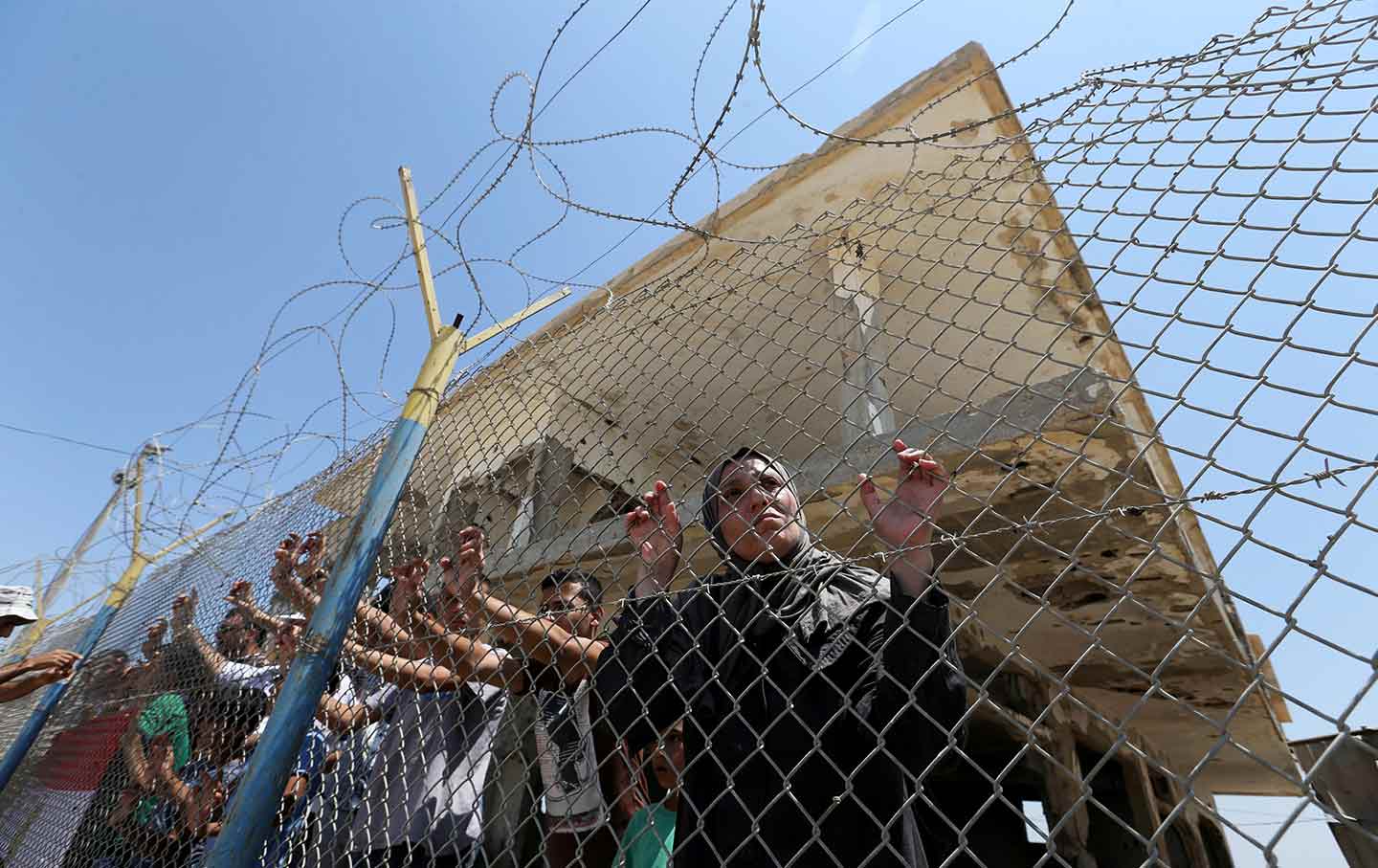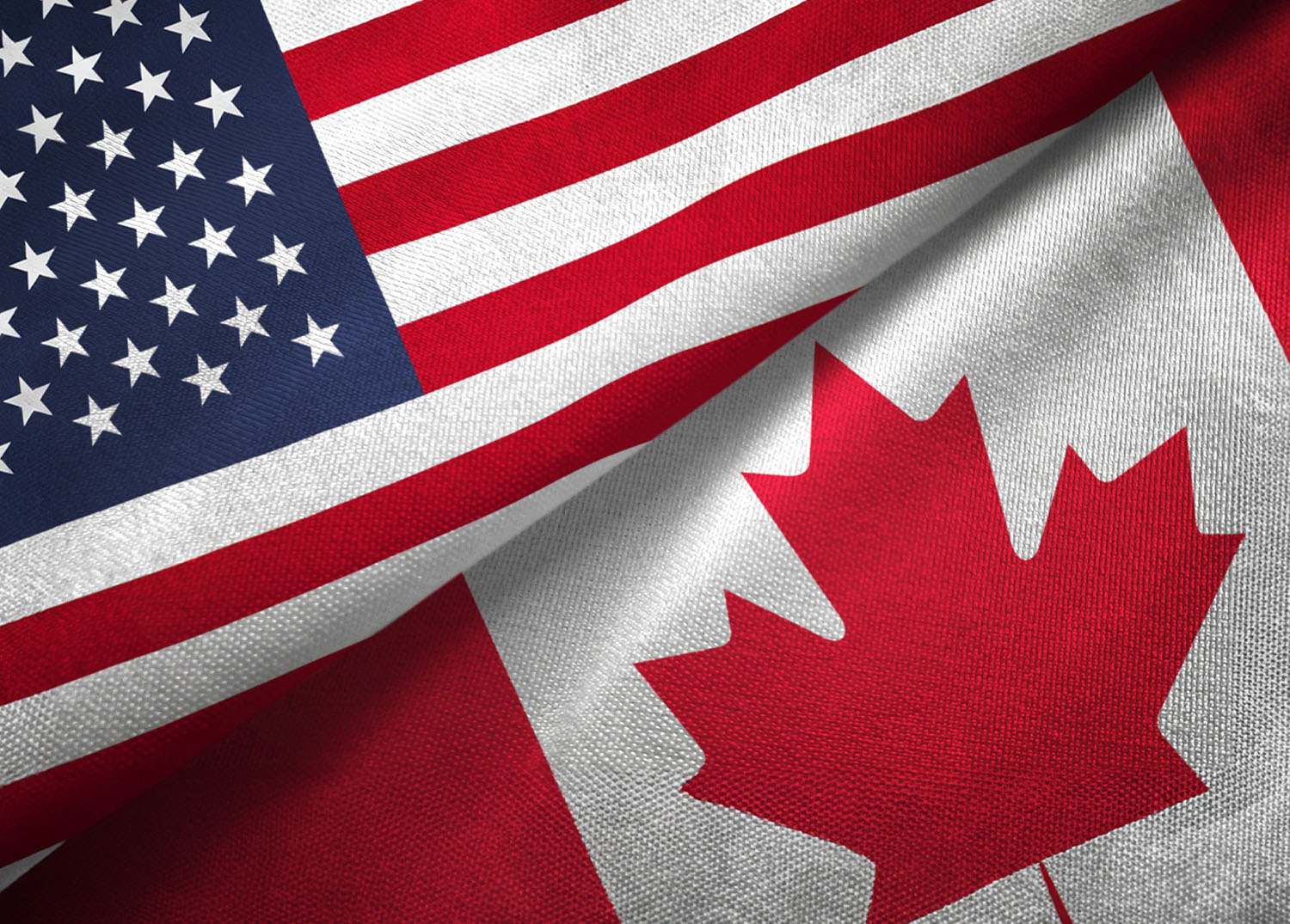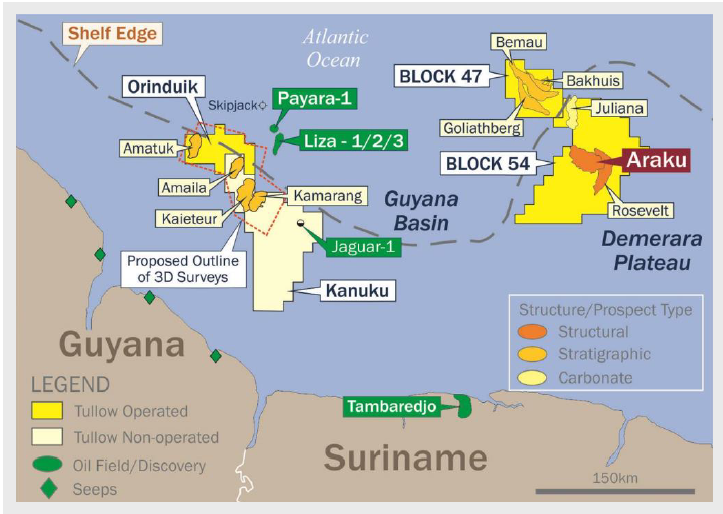The Humanitarian Catastrophe In Gaza: Blockade Fuels Hunger, Illness, And Crime

Table of Contents
The Devastating Impact of the Gaza Blockade on Food Security
The Gaza blockade has severely restricted the import of essential food items, creating a critical food shortage. This has led to widespread food insecurity and malnutrition, particularly affecting children and pregnant women. The limited access to diverse and nutritious food sources has resulted in serious health consequences.
- Limited access to essential food items: The restrictions on imports mean that basic staples, fresh produce, and essential nutrients are often unavailable or prohibitively expensive.
- High rates of malnutrition: The UN reports alarming rates of malnutrition, especially among children under five, leading to stunted growth and developmental delays. This malnutrition is exacerbated by existing poverty and limited access to clean water.
- Dependence on dwindling international aid supplies: The population relies heavily on humanitarian aid, but the amount of aid is insufficient to meet the growing needs of the population. Fluctuations in aid supply often lead to further food crises within the already strained system.
- Soaring price of food: The limited supply and the weakened economy have driven food prices sky-high, making it impossible for many families to afford adequate nutrition. This economic pressure pushes families further into poverty and desperation.
- Specific examples of food shortages: The lack of essential vitamins like Vitamin A and D is linked to increased cases of anemia and weakened immune systems. The scarcity of protein sources contributes to malnutrition and increased susceptibility to disease.
The Blockade's Effect on Healthcare and Public Health in Gaza
The Gaza healthcare system is on the brink of collapse due to the blockade. Severe shortages of essential medicines, medical equipment, and qualified medical personnel have created a major Gaza healthcare crisis.
- Severe shortages of essential medicines and medical equipment: The blockade restricts the import of vital medical supplies, forcing hospitals to operate with limited resources and outdated equipment.
- Overburdened and under-resourced healthcare system: Hospitals are overcrowded and understaffed, struggling to cope with the immense healthcare needs of the population.
- Increased prevalence of chronic diseases: Malnutrition and poor sanitation, both direct consequences of the blockade, have led to an increase in chronic diseases like diabetes and heart disease.
- Limited access to specialized medical care: Many patients, especially those requiring specialized treatments, lack access to necessary care due to the restrictions on movement and limited medical facilities.
- Specific health challenges: The lack of dialysis machines means many patients with kidney failure are denied life-saving treatment. Insufficient cancer treatment options leave many with limited chances of survival. Outbreaks of preventable diseases are more frequent due to inadequate sanitation and lack of resources for disease control.
The Rise of Crime and Social Unrest in Gaza as a Result of the Blockade
The economic hardship caused by the blockade has fueled a rise in crime and social unrest. High unemployment rates and lack of opportunities have driven many to desperation.
- High unemployment rates: The blockade has crippled Gaza's economy, leading to extremely high unemployment rates, particularly among young people. This creates a breeding ground for crime and instability.
- Economic hardship driving illicit activities: Desperate for survival, many resort to illegal activities, including smuggling and theft, to provide for their families.
- Increased social unrest and protests: The dire living conditions and the lack of hope have led to frequent protests and demonstrations, sometimes resulting in violent clashes.
- Breakdown of law and order: The lack of resources and capacity within law enforcement agencies has contributed to a weakening of law and order.
- Statistics on crime rates and unemployment: Official statistics reveal a dramatic increase in crime rates and unemployment figures in Gaza since the intensification of the blockade. These figures highlight the direct correlation between the blockade and social instability.
The Urgent Need for International Action to Address the Humanitarian Crisis in Gaza
The international community has a moral obligation to act decisively to alleviate the suffering in Gaza. The ongoing humanitarian crisis demands immediate and sustained intervention.
- International community's responsibility: The world cannot stand idly by while a humanitarian catastrophe unfolds. International action is crucial to end the suffering of the Palestinian people.
- Calls for lifting the blockade: Lifting the blockade is paramount to allow the free flow of goods, humanitarian aid, and essential supplies into Gaza. This will allow for the rebuilding of the economy and the restoration of basic services.
- Importance of long-term sustainable solutions: While immediate relief is crucial, long-term sustainable solutions are necessary to address the root causes of the crisis. This includes investing in infrastructure, creating job opportunities, and promoting economic development.
- Role of international organizations: International organizations play a vital role in providing immediate relief, delivering humanitarian aid, and supporting long-term development programs in Gaza.
- Specific actions for international actors: Increased financial aid, improved access to healthcare and education, and job creation programs are crucial steps toward a sustainable solution.
Conclusion
The humanitarian catastrophe unfolding in Gaza is a direct consequence of the prolonged blockade, resulting in widespread hunger, illness, and escalating crime. The international community must act decisively to alleviate the suffering of the Palestinian people. The consequences of inaction are devastating and far-reaching. We urge immediate action to end the Gaza blockade and address the multifaceted humanitarian crisis. Demand accountability from world leaders and support organizations working to provide aid and long-term solutions for the people of Gaza. Let's work together to alleviate the suffering caused by the Gaza blockade and build a future where all Gazans can live with dignity and security.

Featured Posts
-
 Trumps 10 Tariff Threat Conditions For Exception
May 11, 2025
Trumps 10 Tariff Threat Conditions For Exception
May 11, 2025 -
 Can Uruguay Strike Black Gold Offshore Drillings Potential
May 11, 2025
Can Uruguay Strike Black Gold Offshore Drillings Potential
May 11, 2025 -
 Unvaccinated Students Quarantined Amidst North Dakota Measles Outbreak
May 11, 2025
Unvaccinated Students Quarantined Amidst North Dakota Measles Outbreak
May 11, 2025 -
 Tam Krwz Ky Mwjwdh Grl Frynd Kwn He
May 11, 2025
Tam Krwz Ky Mwjwdh Grl Frynd Kwn He
May 11, 2025 -
 2025 Indy 500 Safety Concerns After Latest Announcement
May 11, 2025
2025 Indy 500 Safety Concerns After Latest Announcement
May 11, 2025
